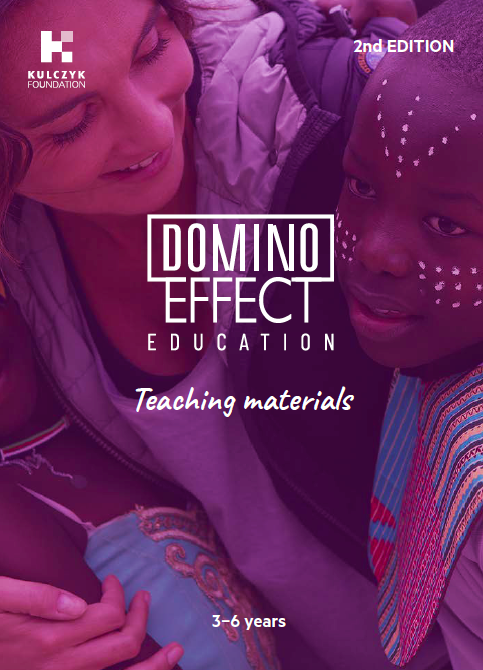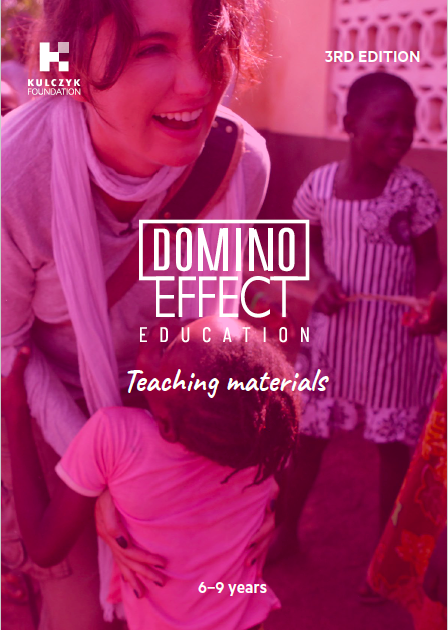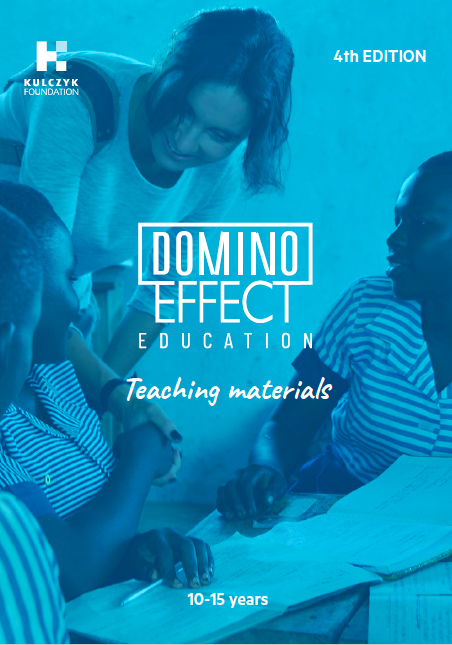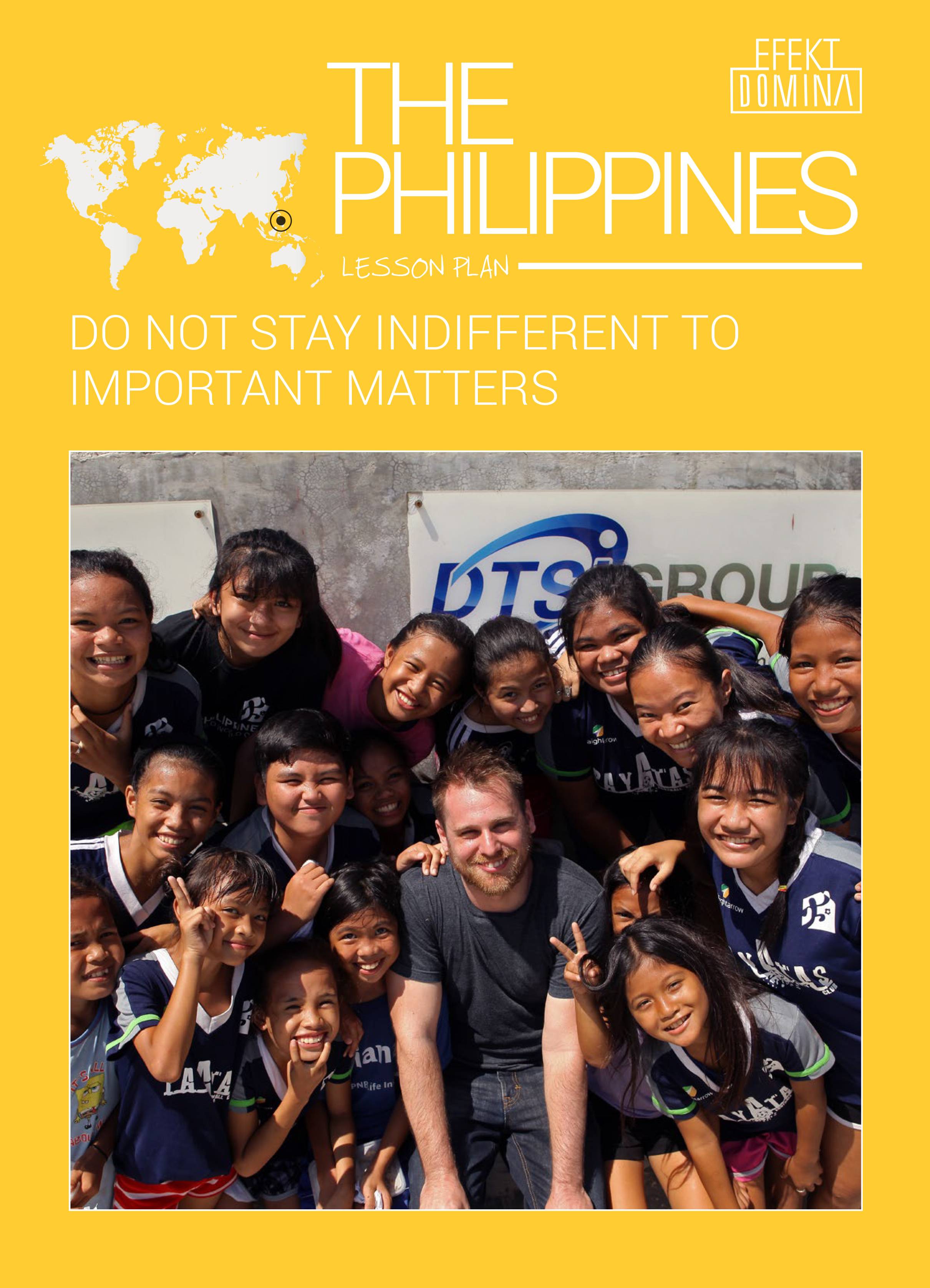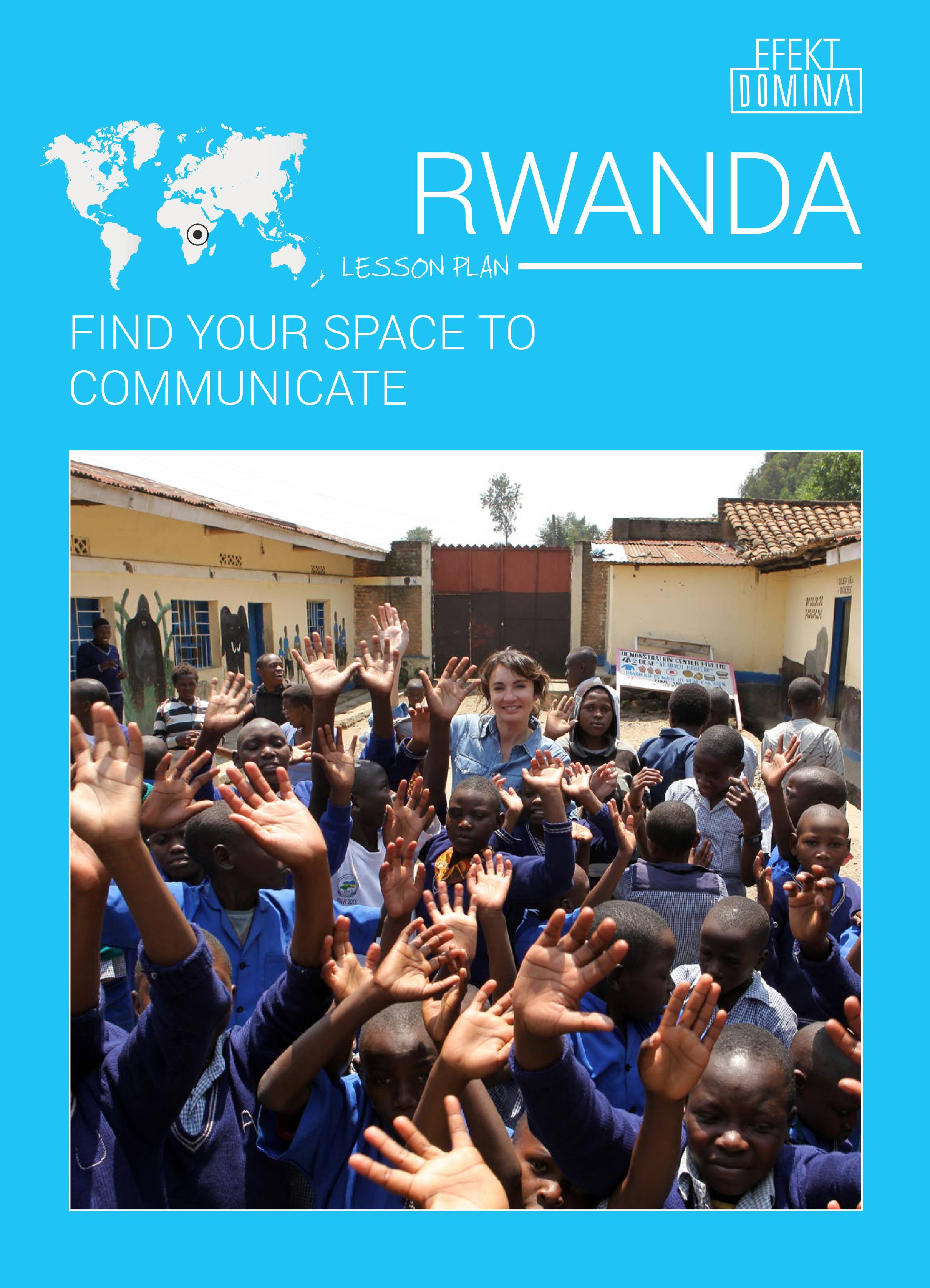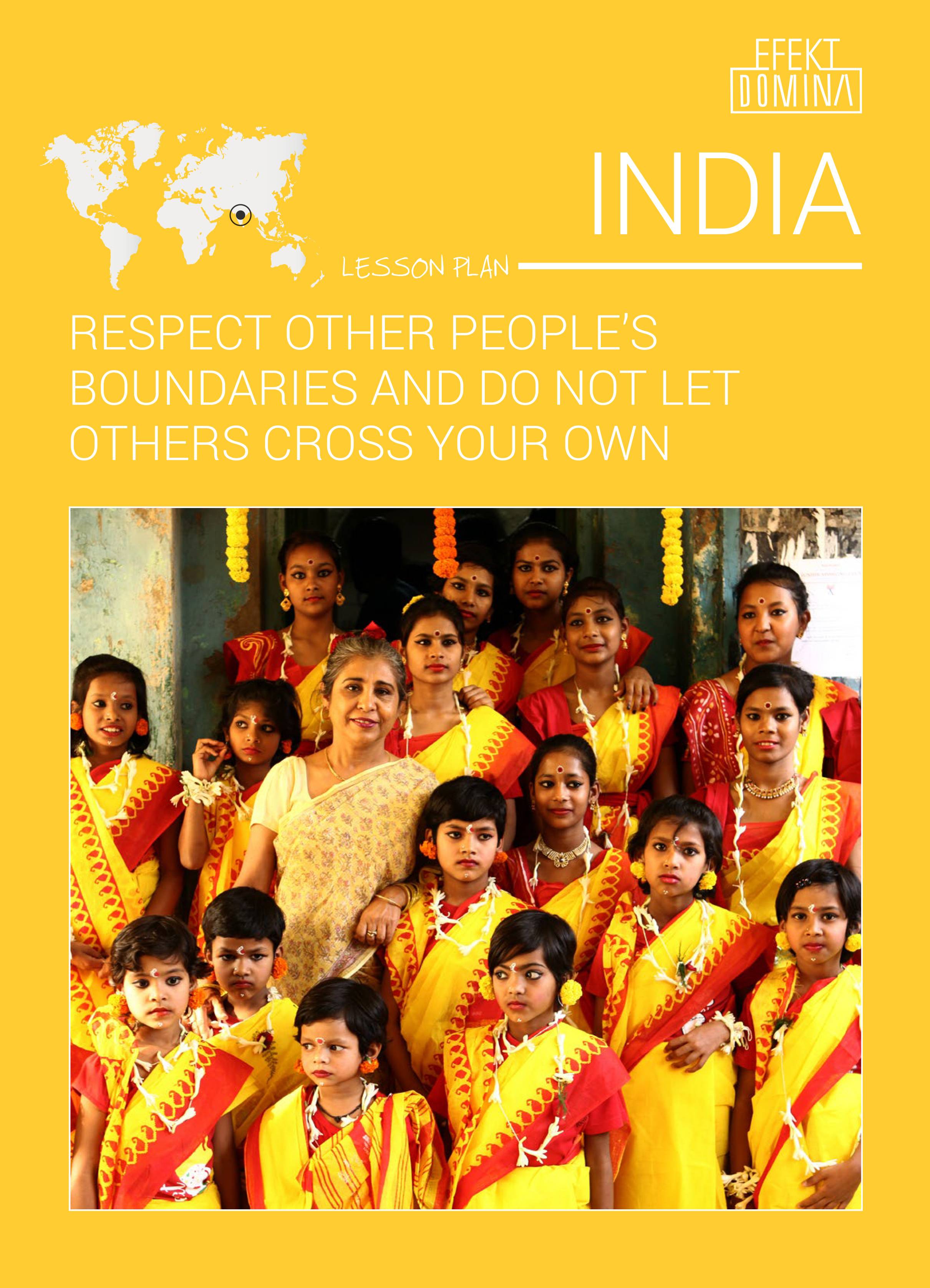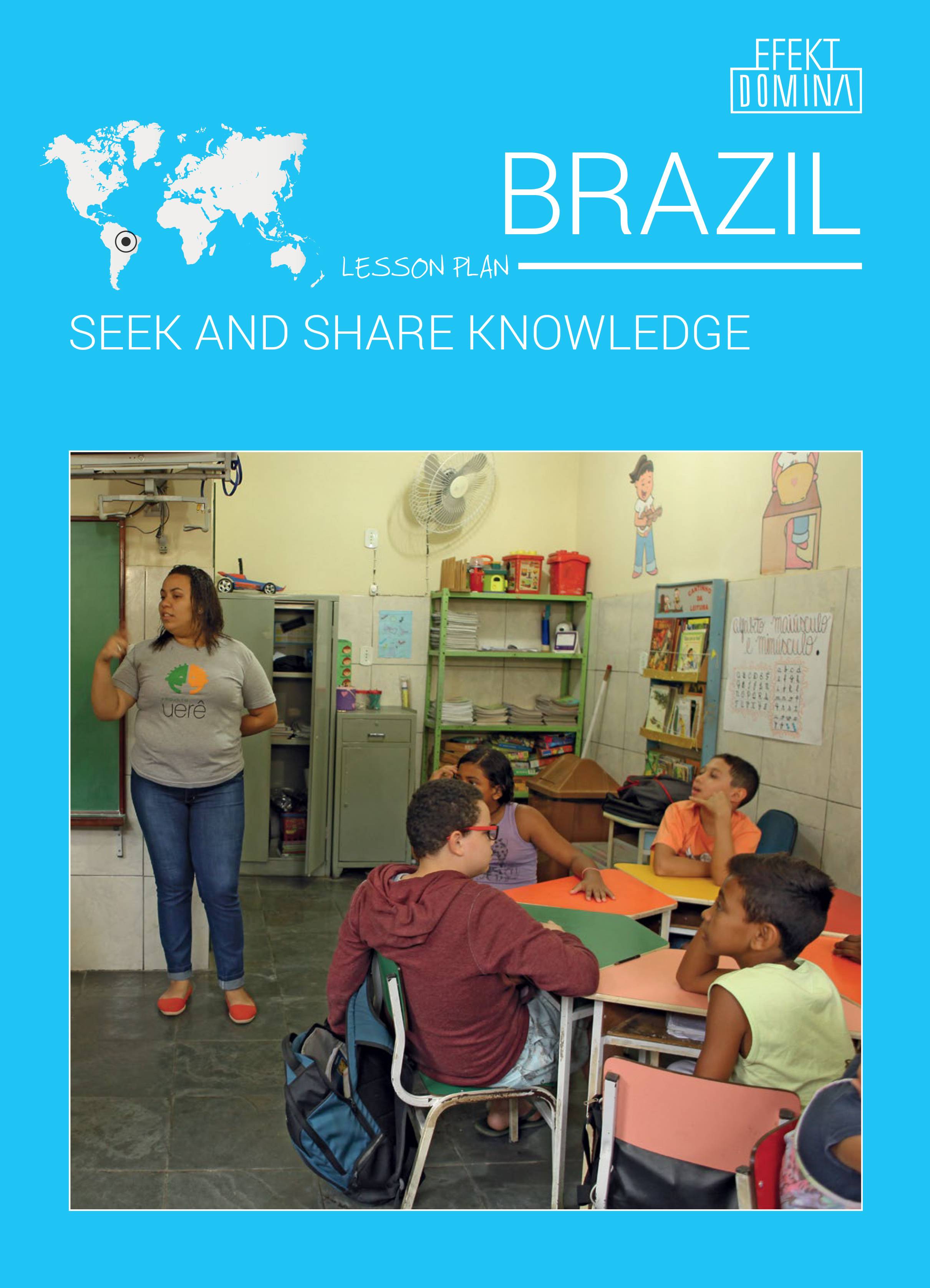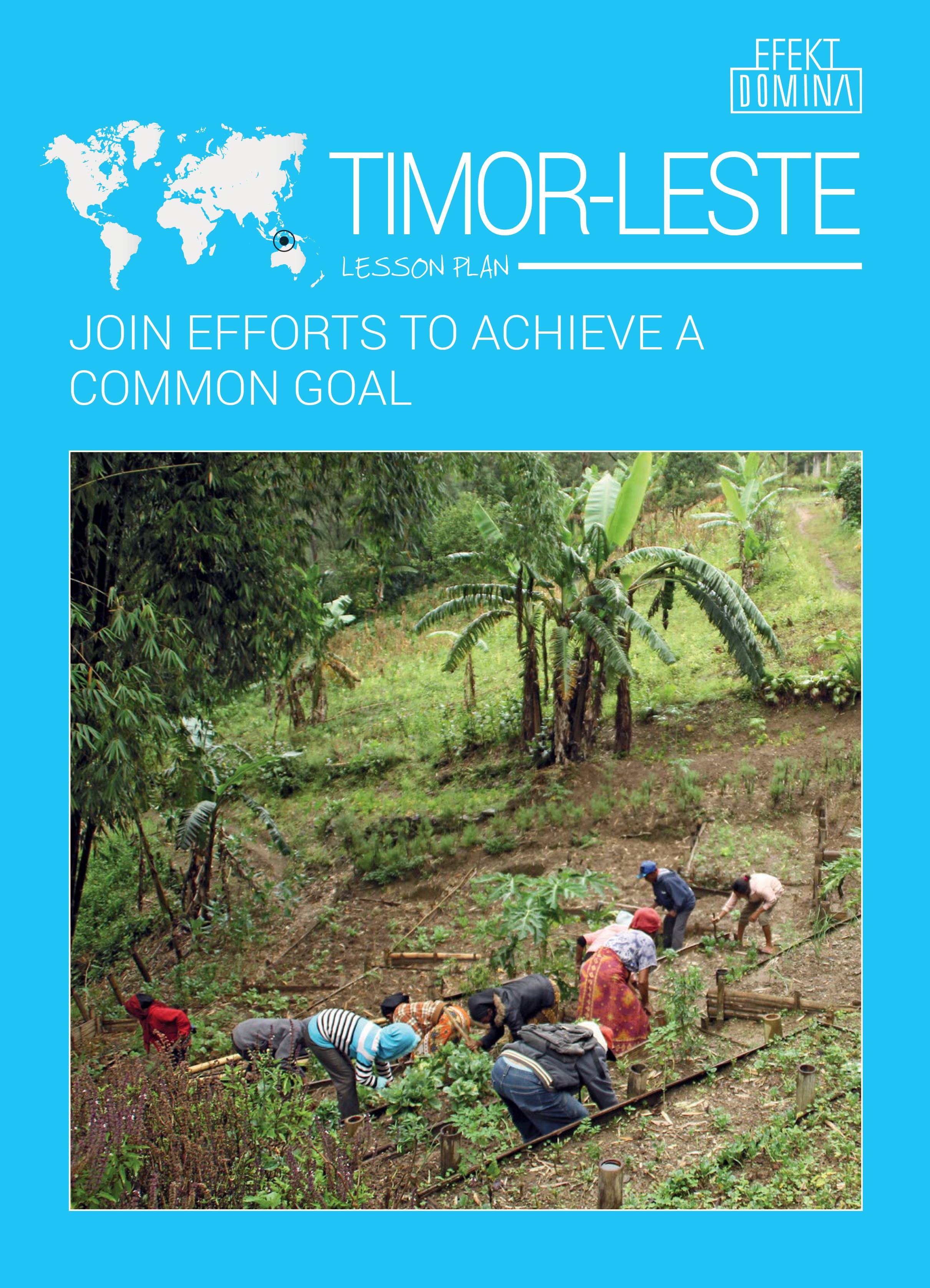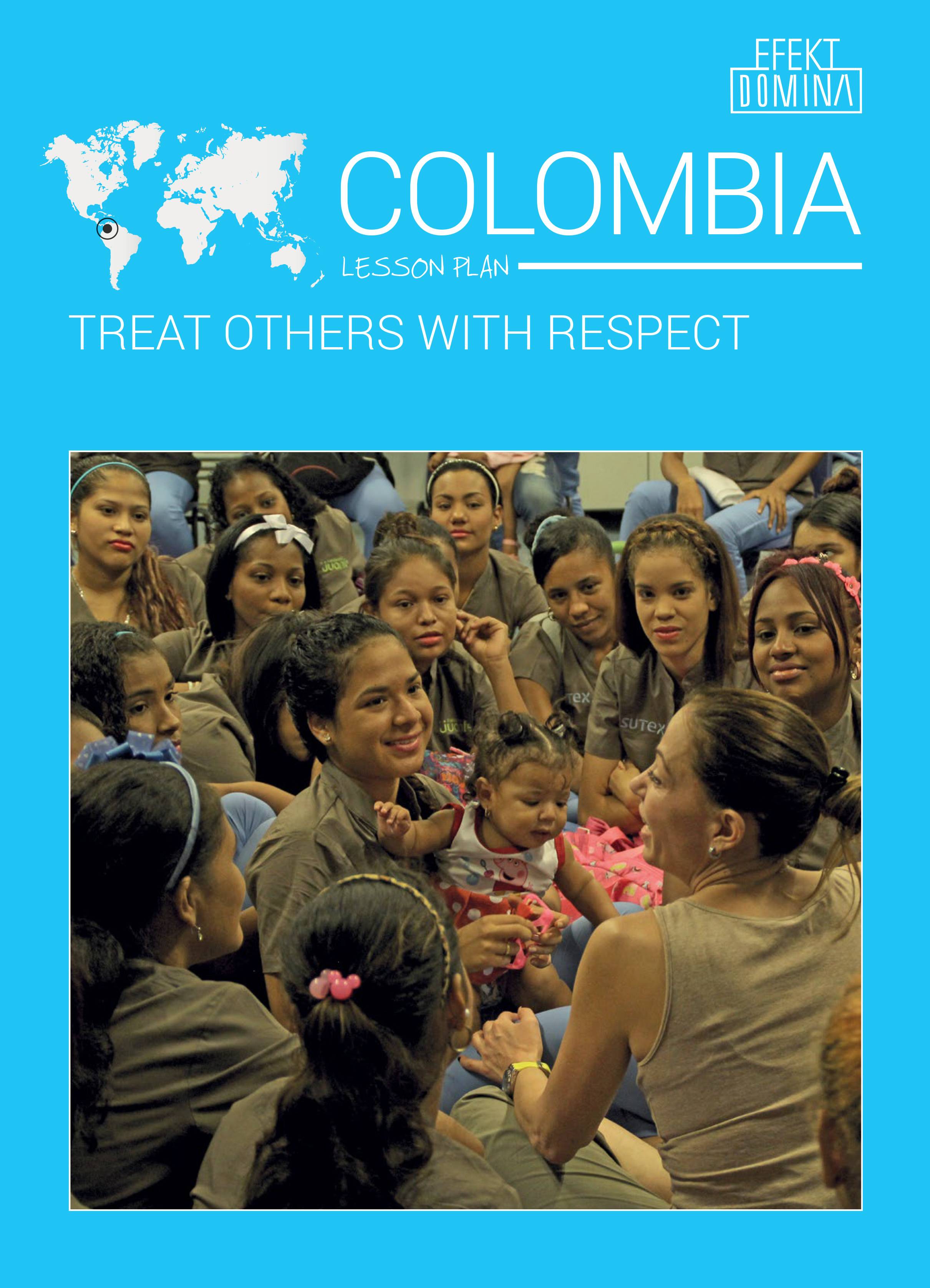The Kulczyk Foundation has been working for the development of socio-emotional competences of children and adolescents since the beginning of its existence. To this end, we prepare unique lesson plans that, in an attractive and adapted to various stages of education way, explain the complex world of universal values and experienced emotions. The goal of these lesson plans is to support students in getting to know themselves and other people better. We believe that the development of socio-emotional competences from an early age allows you to become a better person and help your community more effectively.
The basis of our educational programmes is acting in the spirit of the Domino Effect. By supporting infrastructure projects and social investments in developing countries, we make sure that those who receive help also get the support and knowledge necessary to change their fate and the future of their communities.
We believe that regardless of the region of the world, high-quality education is the basis for a better life.
Kulczyk Foundation aid projects implemented all over the world are reflected in our educational materials, addressed to teachers and educators. Based on the stories presented in the documentary series "Domino Effect", lesson plans are created that have been used by 15,000 teachers and over 300,000 students aged 3 to 15+. In our materials we refer to universal values that are close to people around the world, regardless of their origin, the political and economic context in which they live or the educational system in which they operate.
Our education support programme addresses issues such as: developing the autonomy of young people, shaping their sense of authenticity, and developing socio-emotional competences. We also see the need to support teachers, educators and parents, especially in the field of mental health prevention.
Teacher development is education development
We believe in the considerable role of teachers in shaping the attitudes of young people, which is why we support the development of teaching staff through the organization of training, conferences and integration of the teaching environment. So far, over 2,000 participants have participated in our trainings and conferences.
We want to strengthen adults in the pursuit of sensitizing their pupils to the surrounding reality.
We believe that wise education, implemented in a spirit of freedom and empathy is a basic component of sustainable development of every human being and a chance for a good start in adult life.
Our educational projects are part of Kulczyk Foundation activities for the implementation of the 4th Sustainable Development Goal (“Quality Education”), as well as promoting more sustainability- and accountability-oriented way of living (the 12th Goal).


